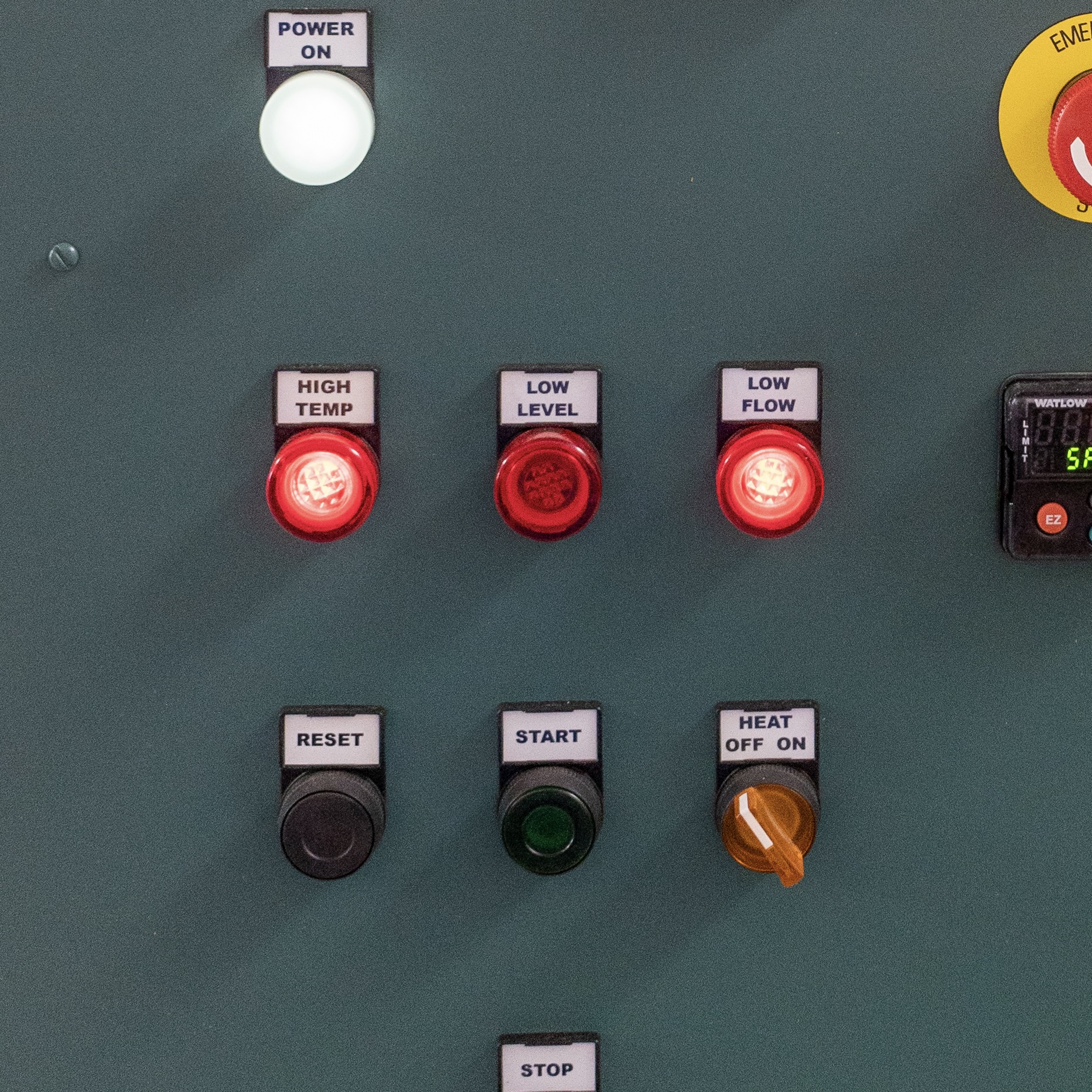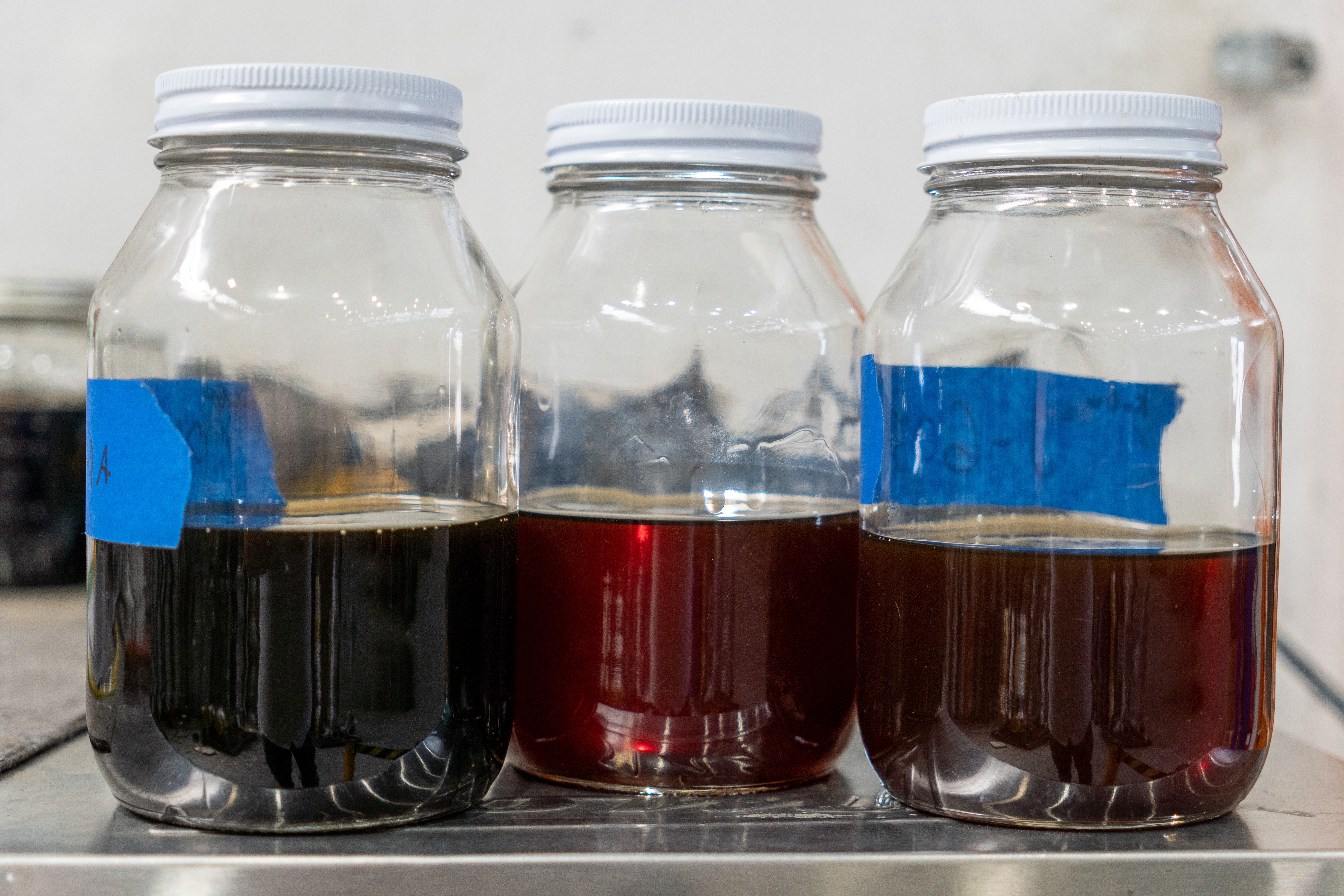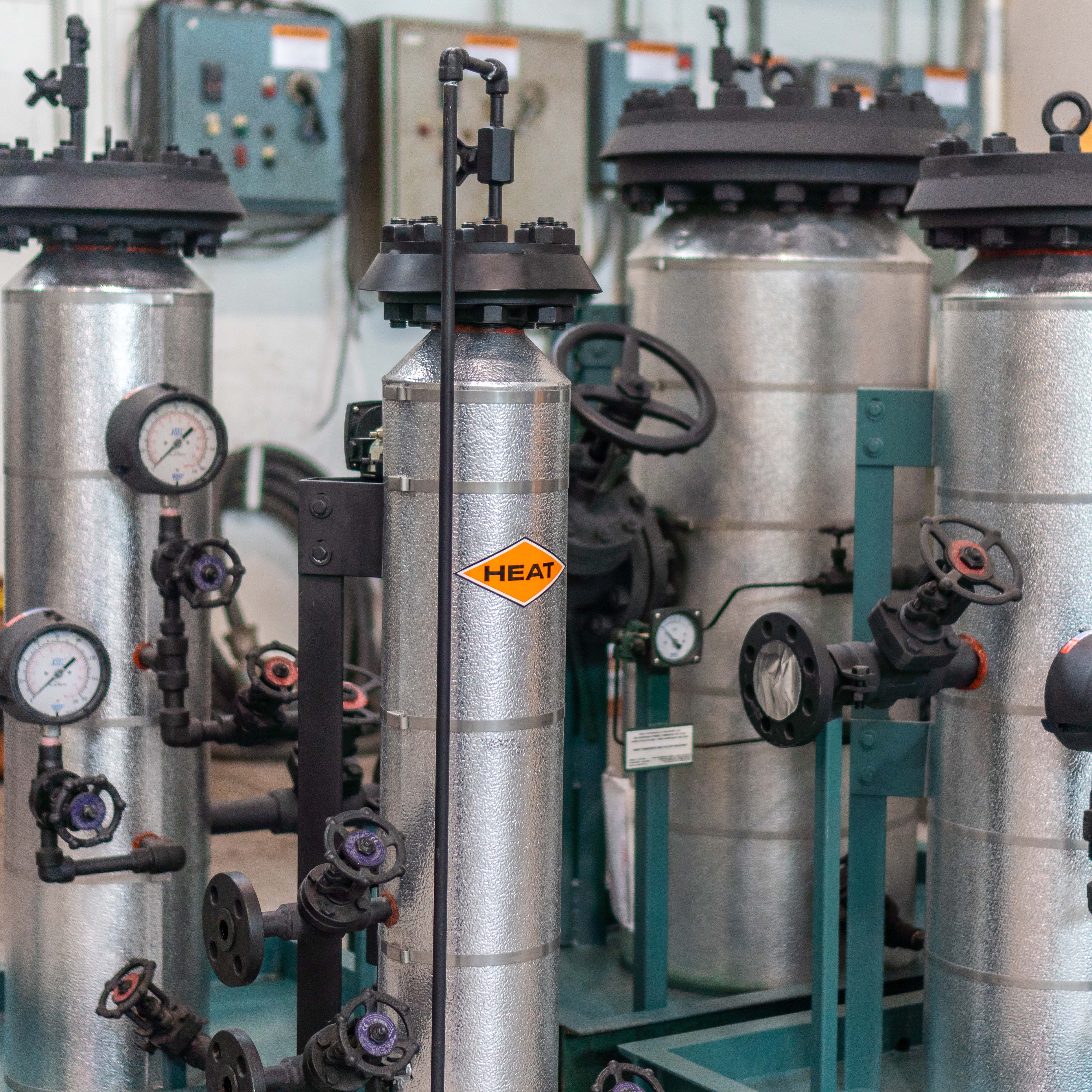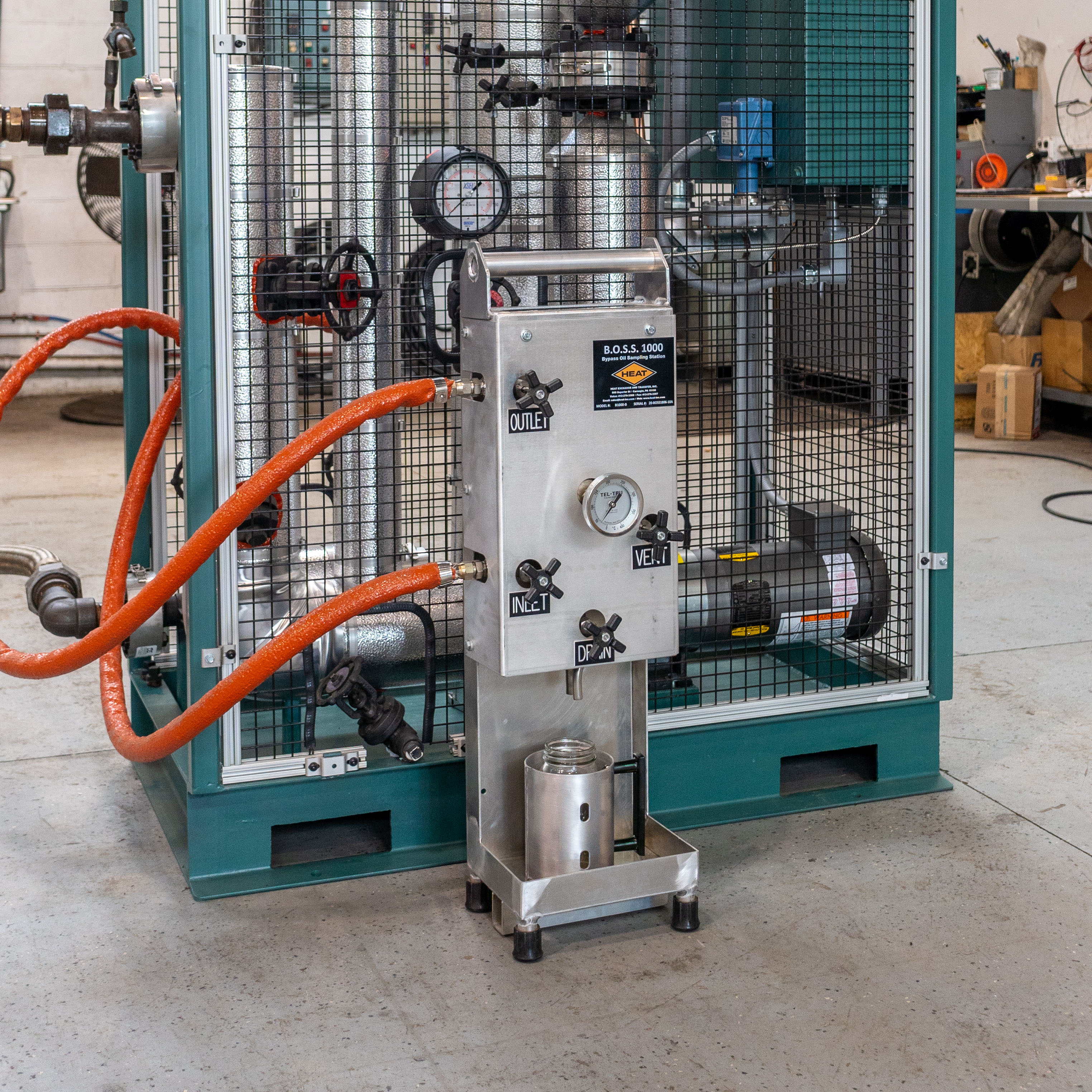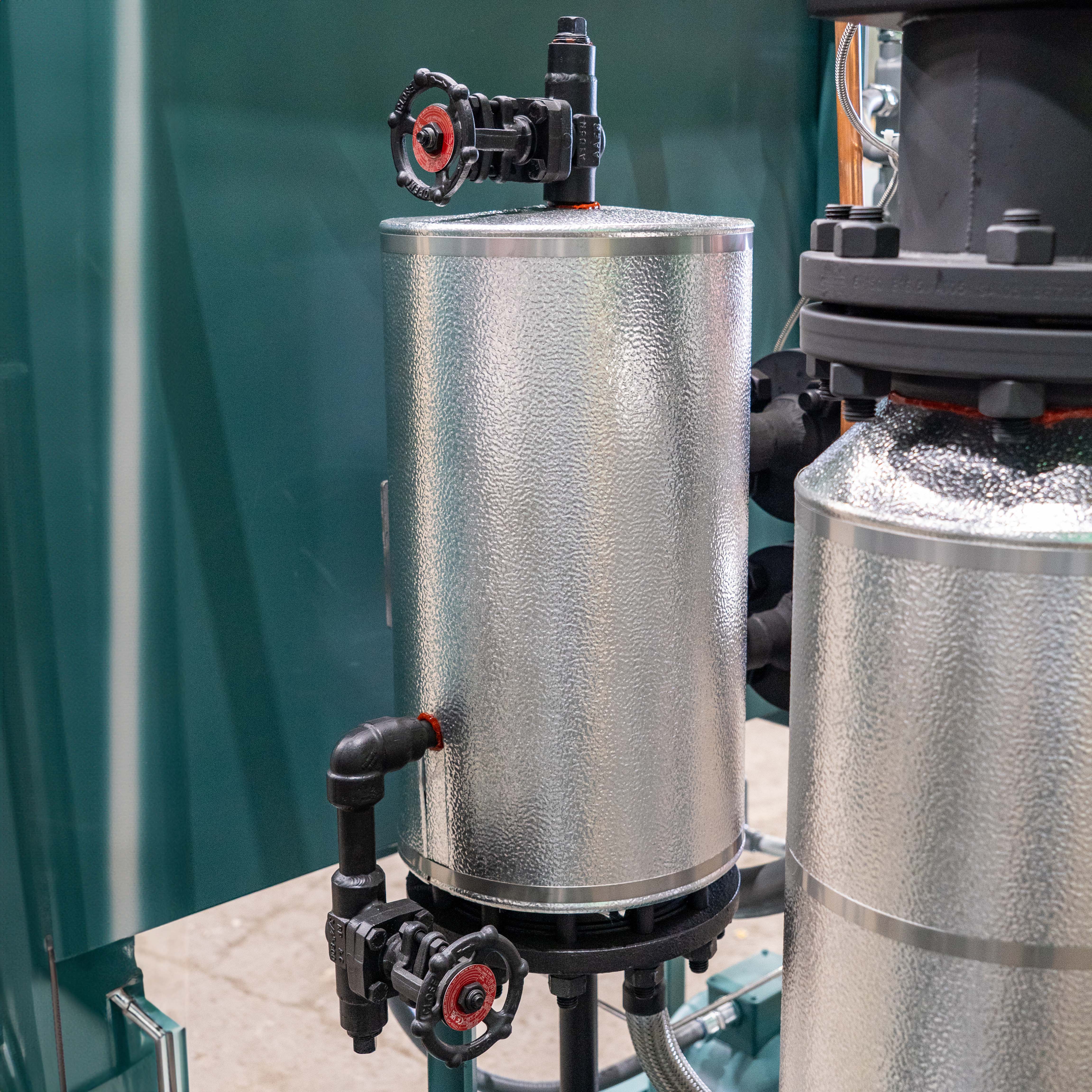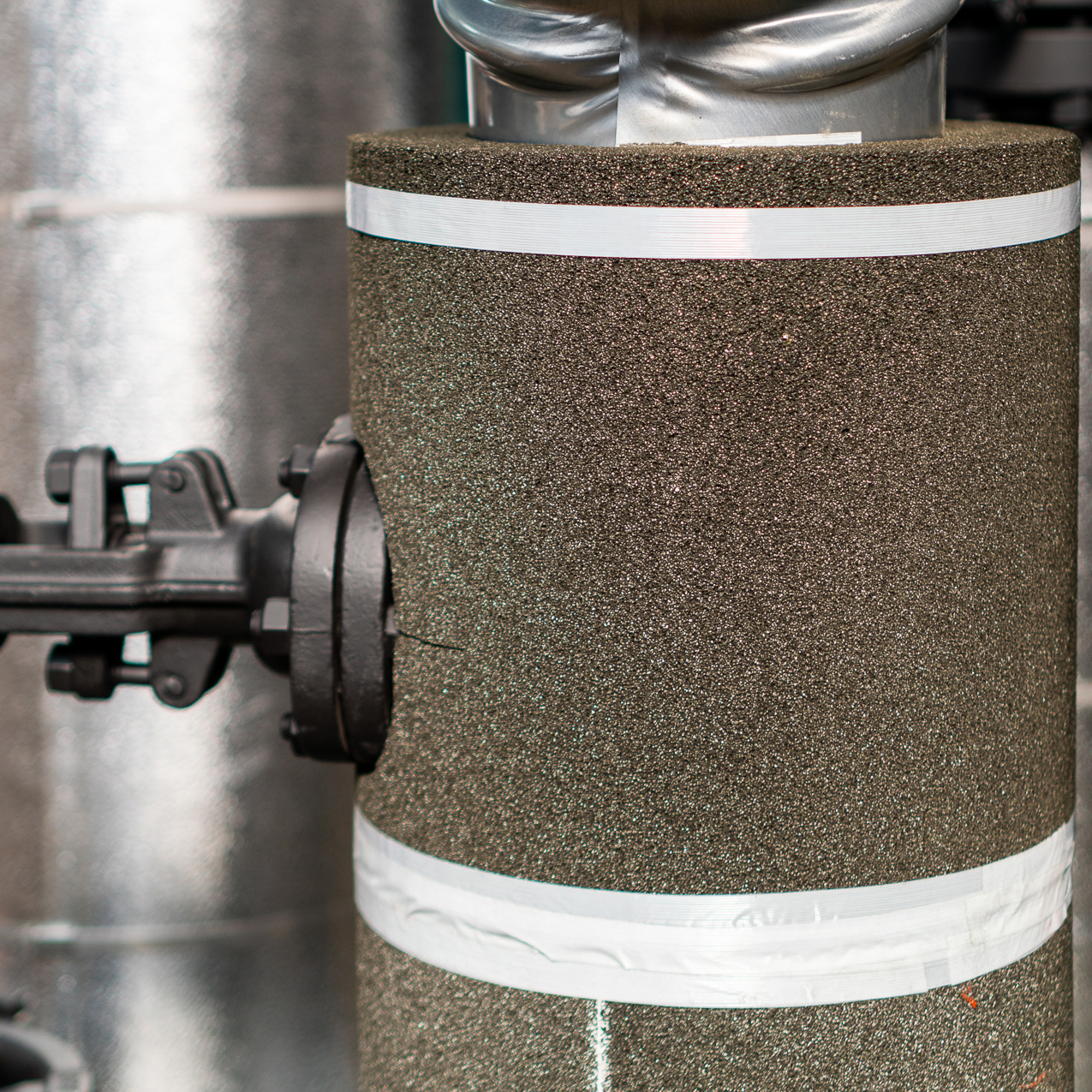Education
Do you have questions about the best practices for safely using and maintaining your heat transfer system? Read on.
Use the search function to help find the topic you're looking for or simply browse through our catalogue.
If you have a question about a topic that isn’t covered here, reach out to our experts - we’re happy to help any way we can!

Have Questions?
Contact Our Experts
Our expert sales engineers can help you find the right custom temperature control equipment for your application.
*denotes a required field.

